Published in the Sunday Vijay Karnataka on 08 December, 2024
…On some level, we felt proud of his decision—he was determined to stand on his own feet, just like many other Indian children abroad…
Whenever I travel, two things are always on my checklist: a table in the van and a work desk in the hotel room. Most of our journeys last about fifteen days. Once we’re on the road, it’s a full exploration of the itinerary. Whether it’s travelling from Warsaw in Poland to Dubrovnik in Croatia, from North Island in New Zealand to Invercargill in the South Island, or from the Duoro Valley in Portugal and Spain to Algarve, Seville, Málaga, Barcelona, and Montserrat in the south—it’s an endless journey of discovery. From the islands of Syros, Mykonos, Santorini, Rhodes, Crete, and Thessaloniki to Athens in Greece, or from Hanoi and Halong Bay in North Vietnam to Saigon (Ho Chi Minh City) in the South, the adventure is ongoing. Our travels are so packed that there’s never really a true 100% holiday. Office work always follows—it’s unavoidable. That’s why every van we use must have a small, built-in folding table that functions as a work desk. Another priority is that the seats in the van should be reversible. When Sudhir and I are in sync, we face each other, turning the van’s cabin into a mobile office. On days when we’ve had enough of each other (as is only natural), we adjust the seats to restore some personal space. It’s essential to strike a balance—after all, no one can stick to another person forever. We also make sure that the van is practical and versatile. Another must-have is an executive desk in the hotel room. Ideally, it should be near a window, with a yellow hue rather than gold. The first thing I do upon entering the room is to set up my work desk properly. I organize my chargers, iPad, book for reading, writing pads, and pen stand in their designated spots. Everything must be arranged perfectly, creating a space that inspires productivity and focus. At Veena World, the Accounts Department never raises objections to our meticulous planning and travel preferences because our trips serve a dual purpose—exploring destinations in depth while simultaneously managing office work.
A few months ago, we were in San Francisco to visit our younger son, Raj. We stayed for ten days. I travelled with Sunila and Sudhir. Two days before our departure, Sunila mentioned, “Madam, this time forget about your van; Raj is going to drive you around in his car. The desk won’t be available, so be prepared.” However, I had already decided not to bring any office work during these ten days. My plan was to write the week's articles in the mornings at the hotel. Raj jokingly remarked, “If you’re coming here to work, then why bother visiting at all?” His playful warning made me pause and rethink. Determined to make the most of the time, I decided to act on his advice and focus on enjoying our trip. For the next eight to ten days, we travelled everywhere in Raj’s car—a small, very basic, manually operated Volkswagen. Despite the car's simplicity, we covered so much ground without feeling constrained. On the last day, while waiting for our airport Uber in the hotel lobby, Sunila commented, “Considering how particular we usually are about travelling in bigger cars or vans, it’s surprising how we managed so well this time. It didn’t matter whether the car was small or luxurious.” I smiled and replied, “Sunila, this time we had a different intention, and because of that, nothing else mattered.” My eyes sparkled as I added, “You know what? This is the perfect topic for my next article!”
Raj bought that car last year, all on his own. When he graduated with his master’s degree and got a job, we wanted to gift him something special, perhaps even a car. “Raj, let us gift you a car for your birthday,” we said. But he politely declined our offer. It’s one thing to feel bad when someone doesn’t give you a gift, but it’s another thing entirely when someone refuses the gift you’ve planned. Still, on some level, we felt proud of his decision—he was determined to stand on his own feet, just like many other Indian children abroad. Our niece, Mugdha Thakur, who lives nearby, accompanied Raj and her husband, Ashish, to the showroom when he purchased the car. Seeing him choose such a modest vehicle, Mugdha later asked me, “Veena Mavshi, do you send Raj any money? He seems to be on such a shoestring budget!” I laughed and explained, “Mugdha, he’s already a minimalist. He says, ‘How does it matter? I need a car for city commutes, not for showing off.’’Raj is teaching us so much through his actions. How could we not respect and encourage his choices? As I reflect on this, I can’t help but feel proud of him.
How Do You Think It Matters? Or, Does Nothing Really Matter? These thoughts have been on my mind as I reflect on life and the journey so far. At the age of twenty, I entered the world of tourism alongside my father. By twenty-two, I made my first trip to Himachal Pradesh, and for the next ten years, I continued conducting tours there as a tour manager. Back then, saving money was a top priority. It was a time of financial challenges—building a new business, navigating life in Mumbai without a home of our own. Every rupee mattered. As part of these efforts, we made do with what we had. The buses for our tours carried thirty-five tourists. For me and my companion, the only option was the driver’s cabin. That cabin wasn’t luxurious—it didn’t even have proper seats. Instead, there was just a bench. We spent many nights travelling like this. Sometimes we lay down for a while, other times we sat upright through the night, enduring the discomfort. On the rare occasions when the bus wasn’t fully booked, we were lucky to claim a front or back seat. In hindsight, what seemed difficult and painful then doesn’t feel like that anymore. In fact, it brings a sense of pride and joy. Despite the sleepless nights, we always greeted our tourists the next morning with cheerful, enthusiastic smiles. Our goals were clear and unwavering: buying a home in Mumbai and contributing to the growth of the small travel company my father had started. These dreams were so powerful that the exhaustion of night journeys in the cramped cabin felt insignificant. Looking back, it becomes clear—when your goals are strong and your focus sharp, nothing else matters.
This reminded me of our freedom struggle. We owe an immense debt of gratitude to our ancestors, especially the freedom fighters, whose sacrifices have allowed us to live in independent India today. Reflecting on the bus journeys made by sitting in the driver’s cabin, that too for the sake of our own business, probably makes me feel self-pity or even at times gives me a sense of pride about the hardships we had to go through. But I really wonder, what would have been the mindset of our freedom fighters? Though they knew they might not live to see the freedom they were fighting for, risking their lives, how determined and brave were they! The singular goal of gaining independence for India was so powerful that nothing else mattered at the time. Such was their mindset. Their commitment and sacrifice should always live in the corner of our minds. We must never forget history, for we must continue learning from it.
Life has become quite easy today. Despite having all the comforts and advanced technology at our fingertips, we remain unsatisfied. Instead of appreciating what we have, we often waste our energy criticizing or mocking it. I believe this stems from the lack of strong, meaningful goals in our lives. Every goal should serve as a milestone. Once one is achieved, we should set a slightly more challenging one ahead. With each accomplishment, the next goal should be even more demanding. When we embark on this journey of continuous growth, our focus sharpens, and distractions fade into the background. We become calmer, yet feel more empowered. Only then can we truly look at the trivialities around us and say, "Nothing matters!"








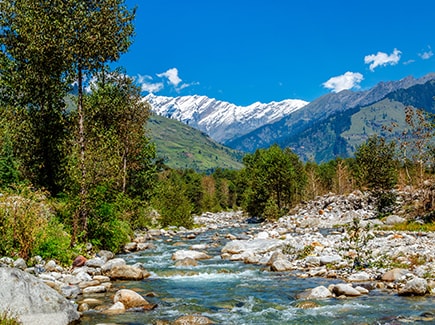
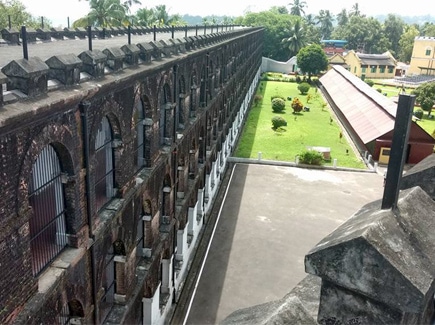
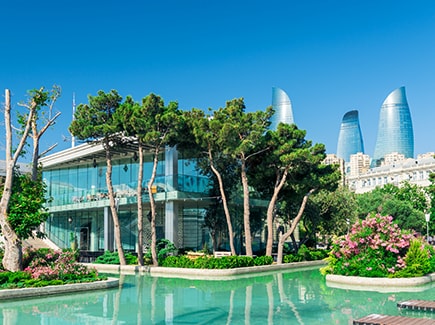
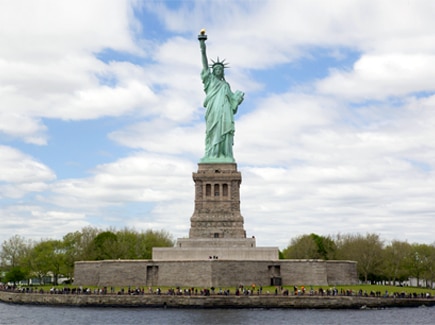
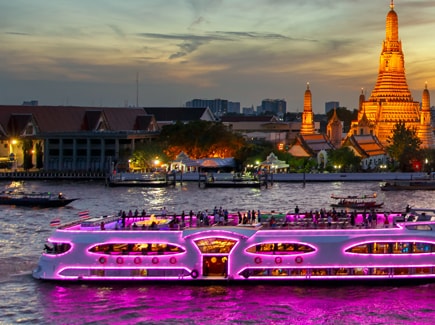
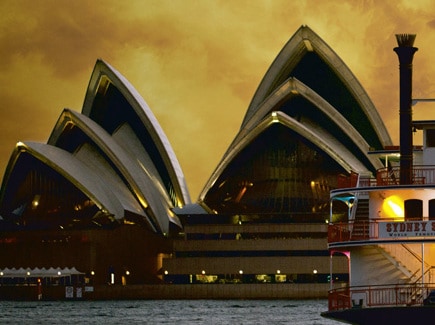


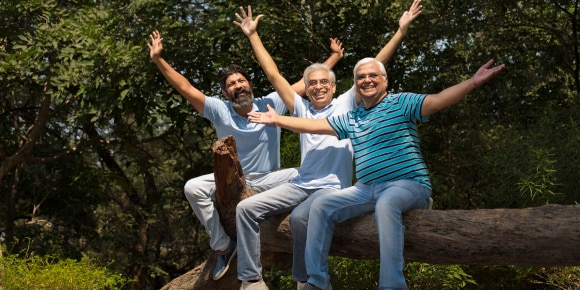

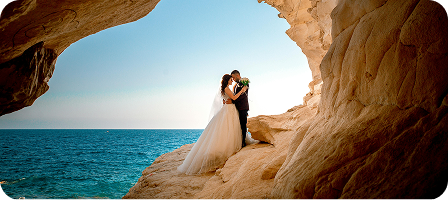









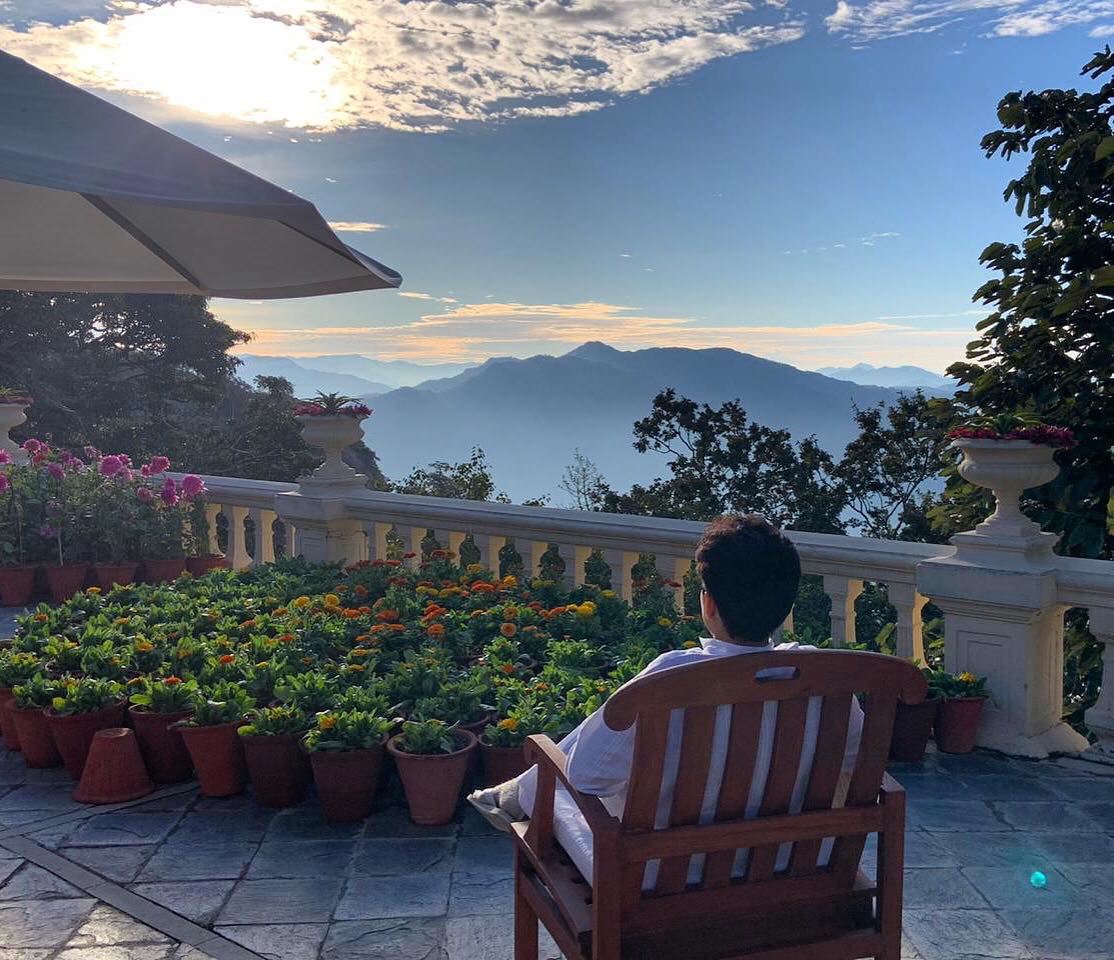



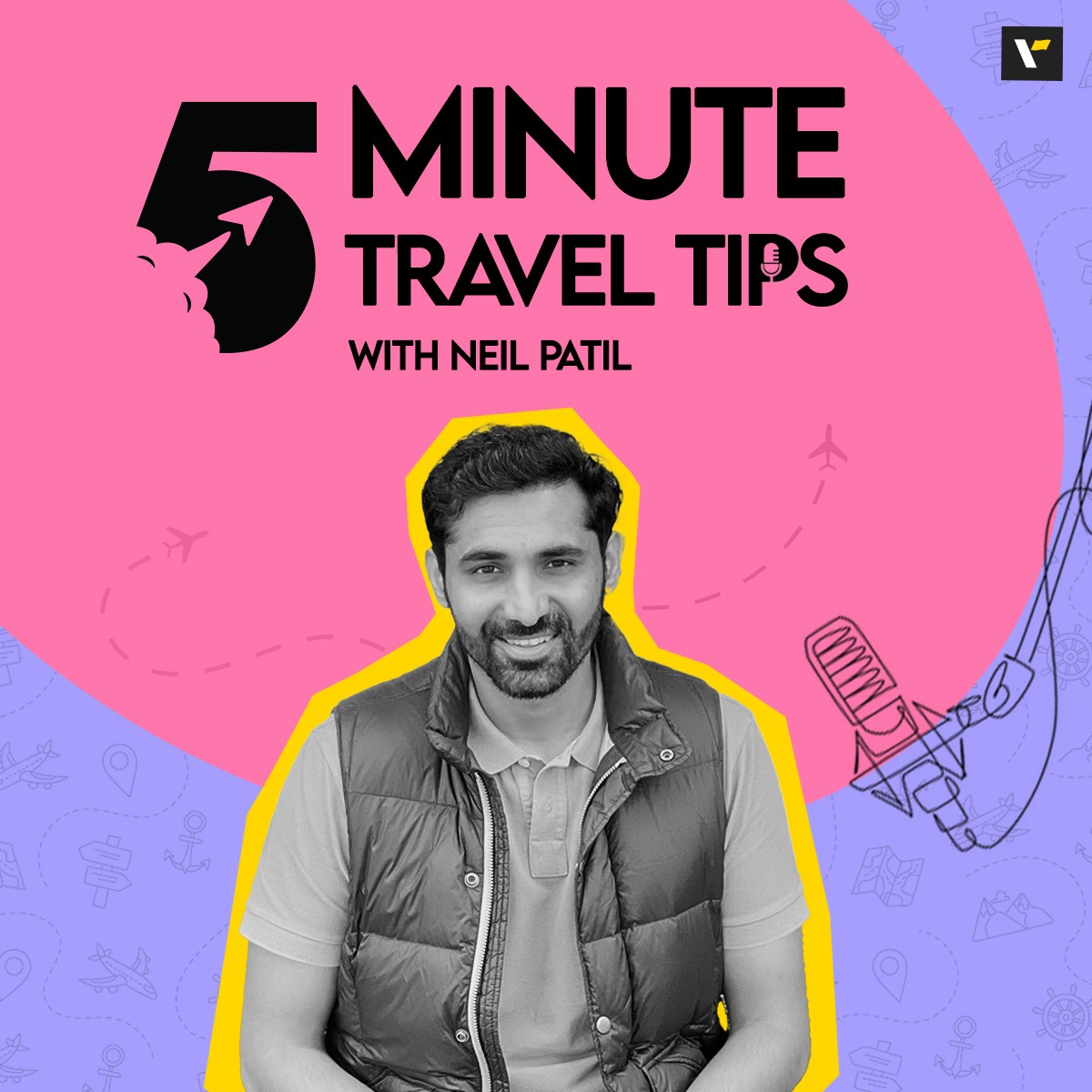

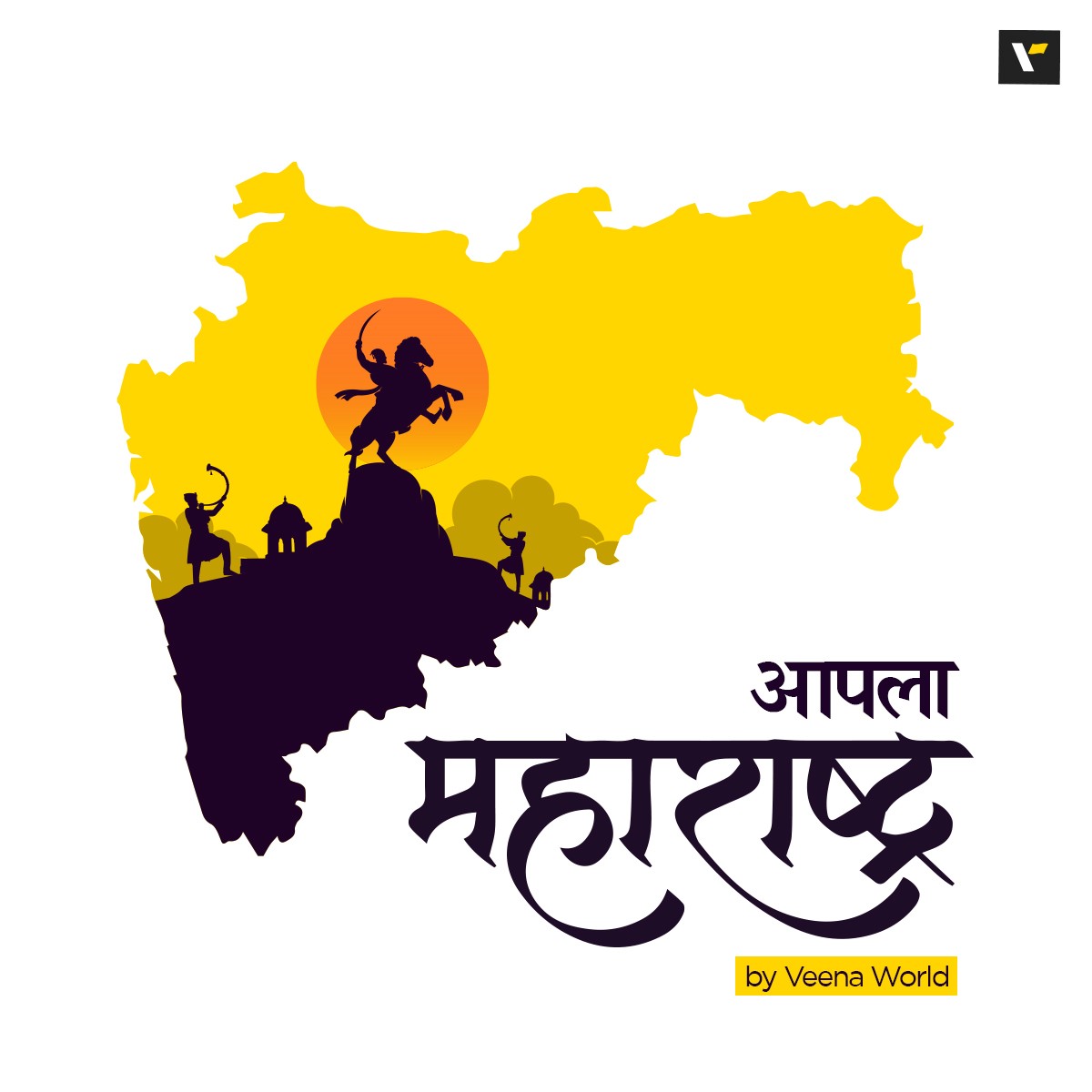
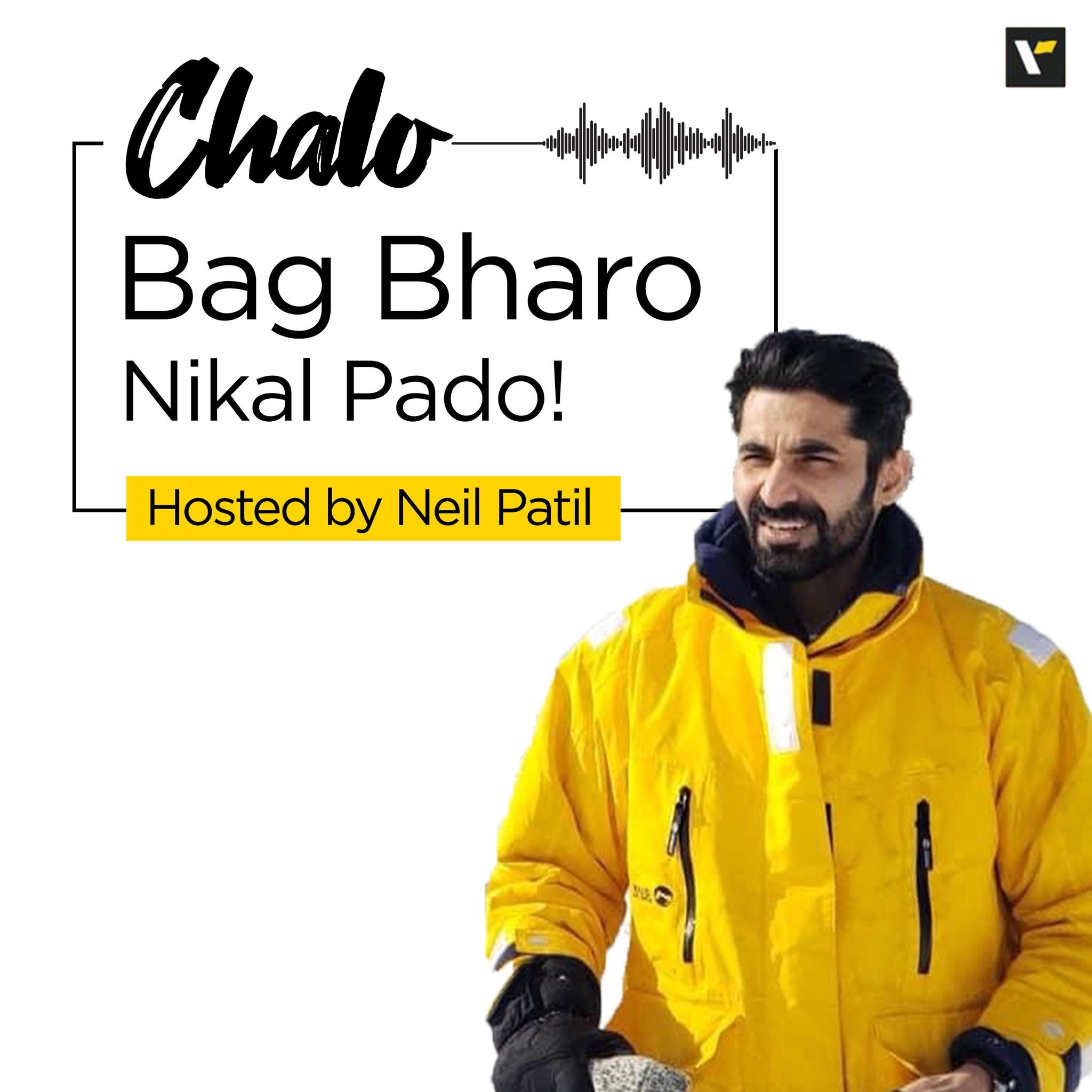
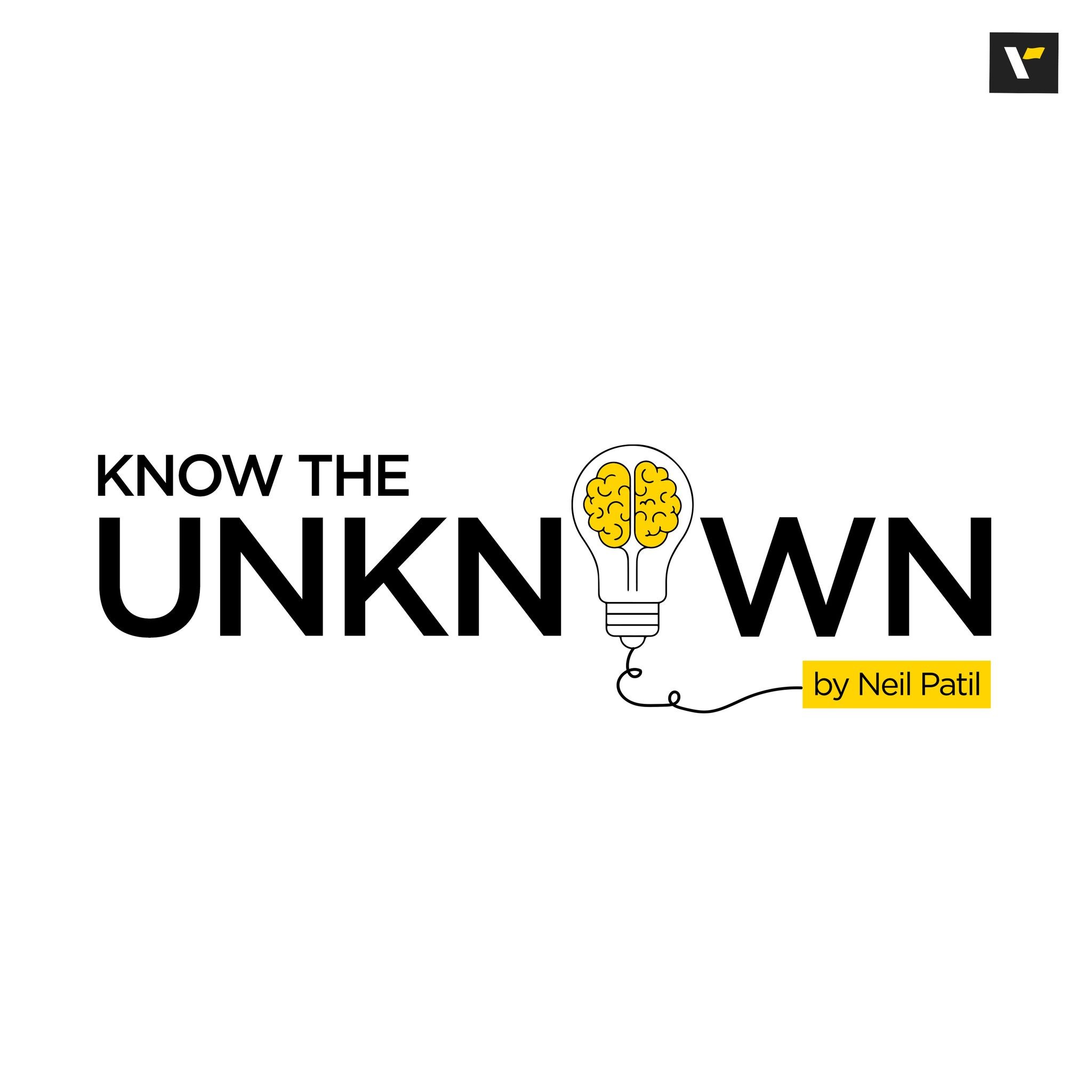
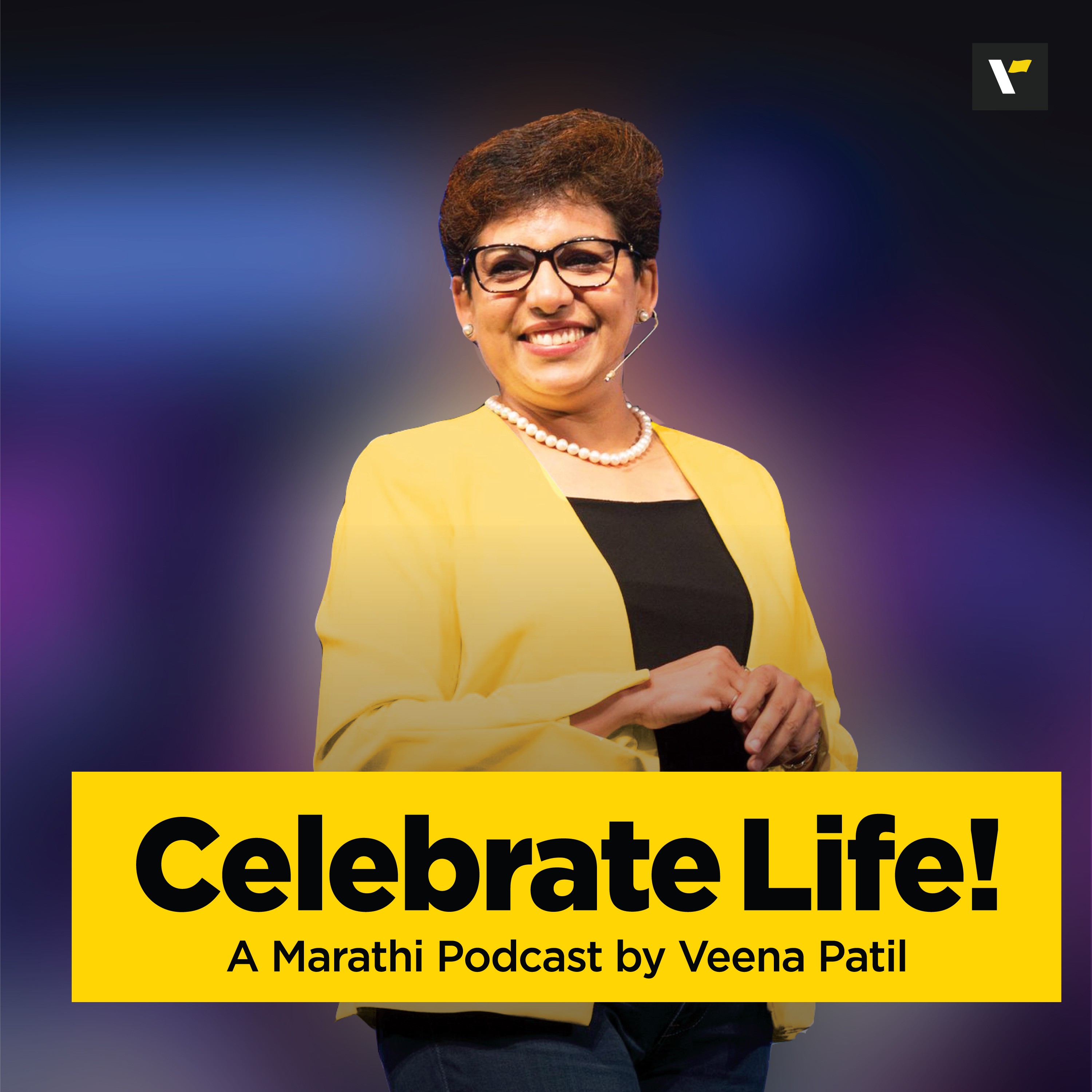






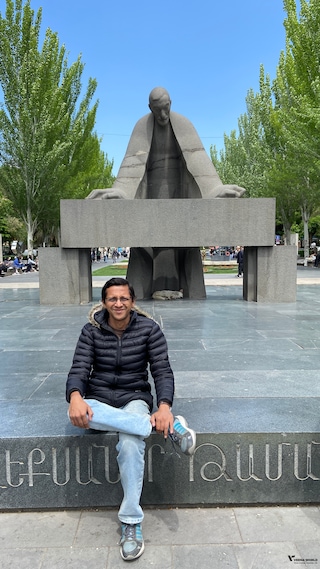













Post your Comment
Please let us know your thoughts on this story by leaving a comment.